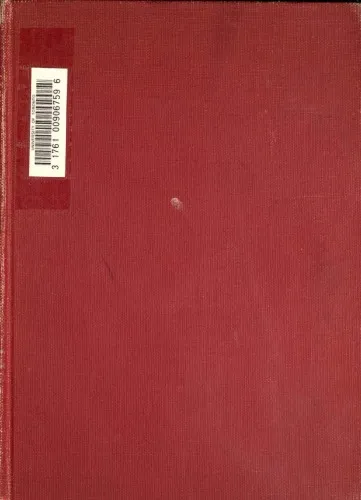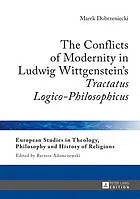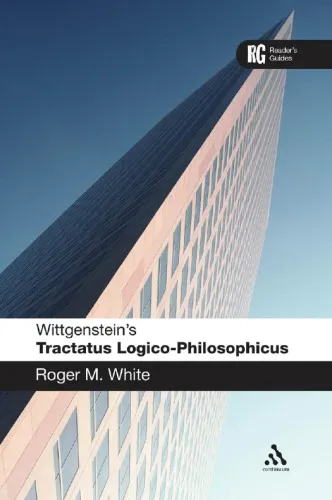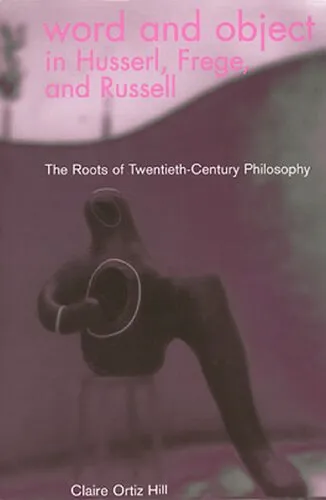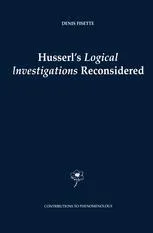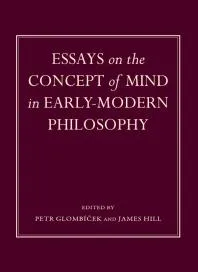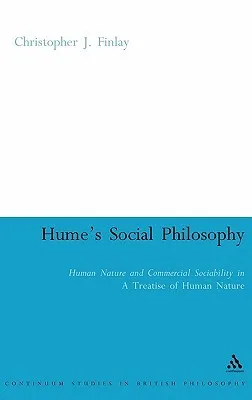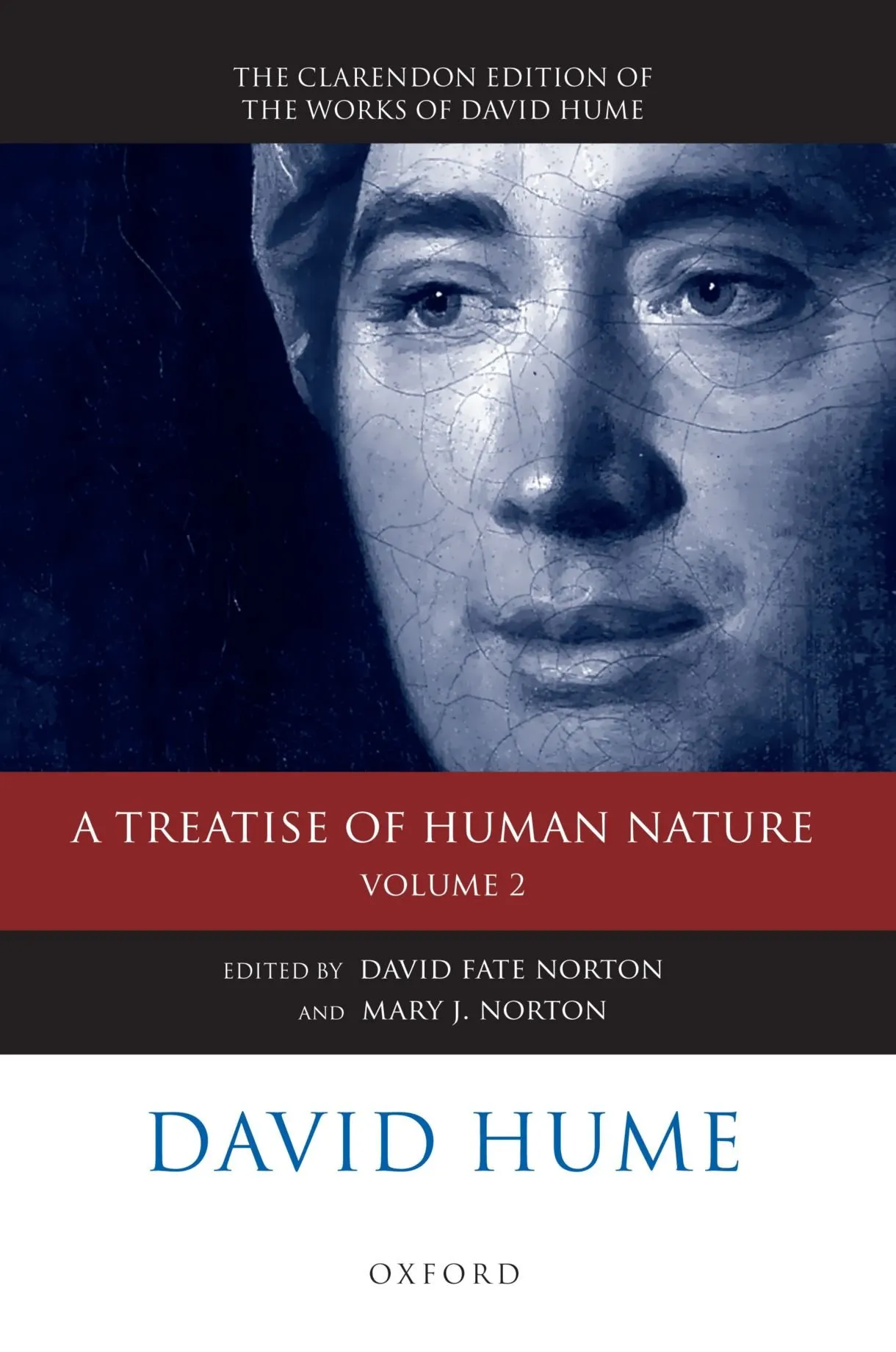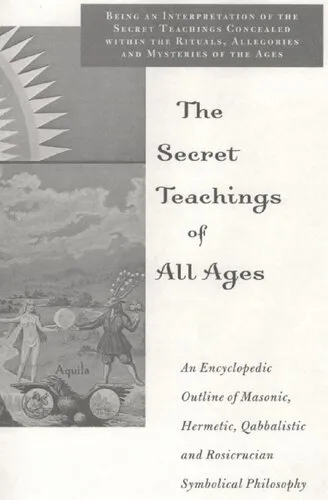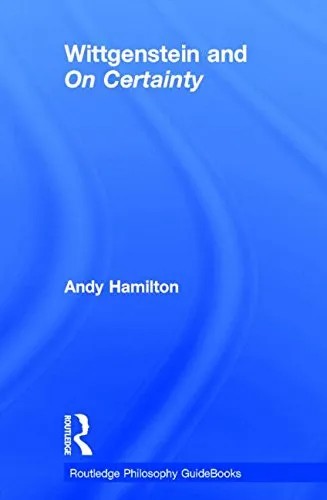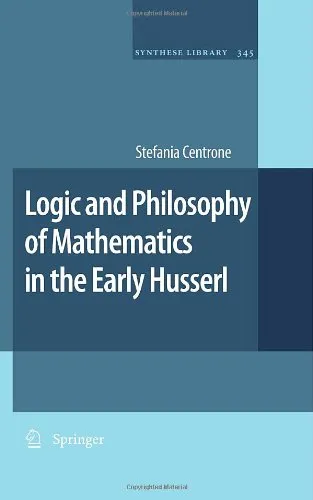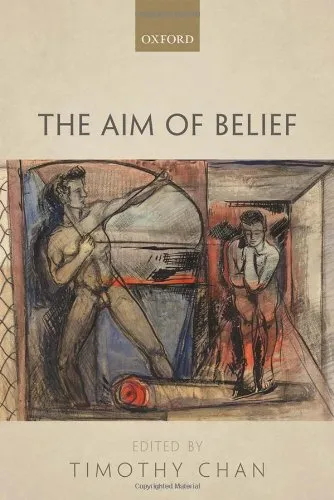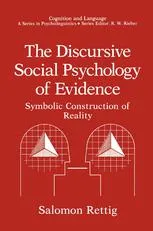The Central Problem of David Hume's Philosophy ; An Essay towards a Phenomenological Interpretation of the First Book of the Treatise of Human Nature (1929)
4.4
Reviews from our users

You Can Ask your questions from this book's AI after Login
Each download or ask from book AI costs 2 points. To earn more free points, please visit the Points Guide Page and complete some valuable actions.Related Refrences:
Introduction
In 'The Central Problem of David Hume's Philosophy; An Essay towards a Phenomenological Interpretation of the First Book of the Treatise of Human Nature (1929)', C.V. Salmon embarks on an intellectual journey exploring one of the most intricate and debated aspects of Western philosophy. By undertaking a phenomenological interpretation, Salmon provides an innovative examination of Hume's thoughts on human cognition and its limits. This text delves into Hume's Treatise, unveiling philosophical insights that remain relevant and thought-provoking today.
Detailed Summary of the Book
Salmon's book is an in-depth analysis of David Hume's 'A Treatise of Human Nature,' particularly the first book, which deals with understanding the operations of the human mind. Salmon identifies what he argues to be the 'central problem' of Hume’s philosophy: the challenge of connecting our perceptions with what we consider as external reality. His phenomenological approach allows him to explore Hume's work beyond its empirical confines, suggesting that Hume inadvertently prefigures later existential and phenomenological themes.
Throughout the text, Salmon dissects Hume’s exploration of human understanding, focusing on Hume's propositions about ideas, impressions, and the self. He argues that Hume's philosophical skepticism – particularly his doubts about causality, substance, and personal identity – aligns closely with phenomenological inquiry's fundamental questions. By reinterpreting Hume through this lens, Salmon uncovers subtleties in Hume's ideas that suggest a deeper, arguably more coherent, philosophical enterprise than traditionally perceived.
Key Takeaways
- By employing a phenomenological framework, Salmon offers a unique perspective on Hume's philosophical inquiries, emphasizing the experiential and subjective dimensions of human cognition.
- The book underscores Hume’s audacity to question the certainty of human knowledge, a skepticism that challenges the reader to reconsider the foundations of their own beliefs about reality.
- Salmon's analysis reveals parallels between Hume's skepticism and later developments in European philosophy, making the case for Hume as a precursor to existential and phenomenological thought.
- Ultimately, 'The Central Problem of David Hume's Philosophy' prompts a reassessment of how we interpret historical philosophical texts and invites continuous dialogue between past and present philosophical traditions.
Famous Quotes from the Book
"To comprehend fully the skepticism of Hume is to delve deeply into the very essence of human cognition and its ultimate limitations."
"The phenomenological imagination allows us to see Hume not as an adherent of hard empiricism but as a philosopher grappling with the very nature of being and knowing."
Why This Book Matters
Salmon’s book is critical for scholars and students of philosophy due to its pioneering approach in bridging Hume's empirical inquiries with phenomenological thought. At a time when philosophical debates often segmented between empiricism and idealism, Salmon's work provided a synthesis that suggested collaborative dialogues were not only possible but necessary. The book's implications extend beyond academic circles, touching on the broader human quest to understand consciousness, experience, and reality. As we navigate an increasingly complex world, 'The Central Problem of David Hume's Philosophy' offers essential insights into the continuing relevance of philosophical skepticism.
Moreover, this text is a testament to the enduring impact of David Hume’s philosophy. By presenting Hume’s inquiries in a new light, Salmon helps pave the way for future interpretations and philosophical innovations. Readers will find themselves contemplating critical questions of existence and consciousness that echo through the corridors of philosophical thought up to today.
Free Direct Download
You Can Download this book after Login
Accessing books through legal platforms and public libraries not only supports the rights of authors and publishers but also contributes to the sustainability of reading culture. Before downloading, please take a moment to consider these options.
Find this book on other platforms:
WorldCat helps you find books in libraries worldwide.
See ratings, reviews, and discussions on Goodreads.
Find and buy rare or used books on AbeBooks.
1457
بازدید4.4
امتیاز0
نظر98%
رضایتReviews:
4.4
Based on 0 users review
Questions & Answers
Ask questions about this book or help others by answering
No questions yet. Be the first to ask!
